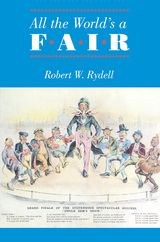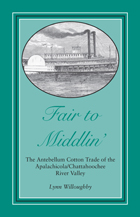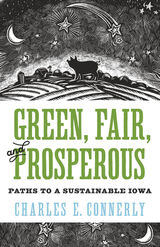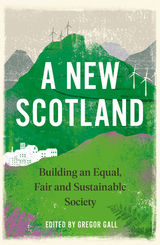

This study focuses on the port of Apalachicola, Florida and the business men who lived the trade, flourishing amongst the poor conditions of transportation, communication, money, and banking. Cotton businessmen located along the waterway and on the coast neatly divided the labour necessary to market the region's major source of income.
Early regional economics revolved around and grew from the rivers that served as the primary form of transportation, and each patchwork of economy in the antebellum South relied on a different river system and its major transportation artery. Few people truly understand and realize how important cotton was to the world's economy, and no other American export came close to the importance of cotton. This power and success allowed the South to function self-sufficiently, eliminating the need to rely on other regions for goods. It was not until the introduction of the railroad system that these individual river economies blurred and faded into one another, gradually uniting to one integrated national economy.


At the center of what was once the tallgrass prairie, Iowa has stood out for clearing the land and becoming one of the most productive agricultural states in the nation. But its success is challenged by multiple issues including but not limited to a decline in union representation of meatpacking workers; lack of demographic diversity; the advent of job-replacing mechanization; growing income inequality; negative contributions to and effects of climate change and environmental hazards.
To become green, fair, and prosperous, Connerly argues that Iowa must reckon with its past and the fact that its farm economy continues to pollute waterways, while remaining utterly unprepared for climate change. Iowa must recognize ways in which it can bolster its residents’ standard of living and move away from its demographic tradition of whiteness. For development to be sustainable, society must balance it with environmental protection and social justice. Connerly provides a crucial roadmap for how Iowans can move forward and achieve this balance.

In A New Scotland, leading activists and academics lay out the blueprints for radical reform, showing how society can be transformed by embedding values of democracy, social justice and environmental sustainability into a coherent set of policy ideas.
Structured in two parts, the book takes to task the challenges to affect radical change, before exploring new approaches to key questions such as healthcare, education, public ownership, race, gender and human rights.
READERS
Browse our collection.
PUBLISHERS
See BiblioVault's publisher services.
STUDENT SERVICES
Files for college accessibility offices.
UChicago Accessibility Resources
home | accessibility | search | about | contact us
BiblioVault ® 2001 - 2024
The University of Chicago Press









